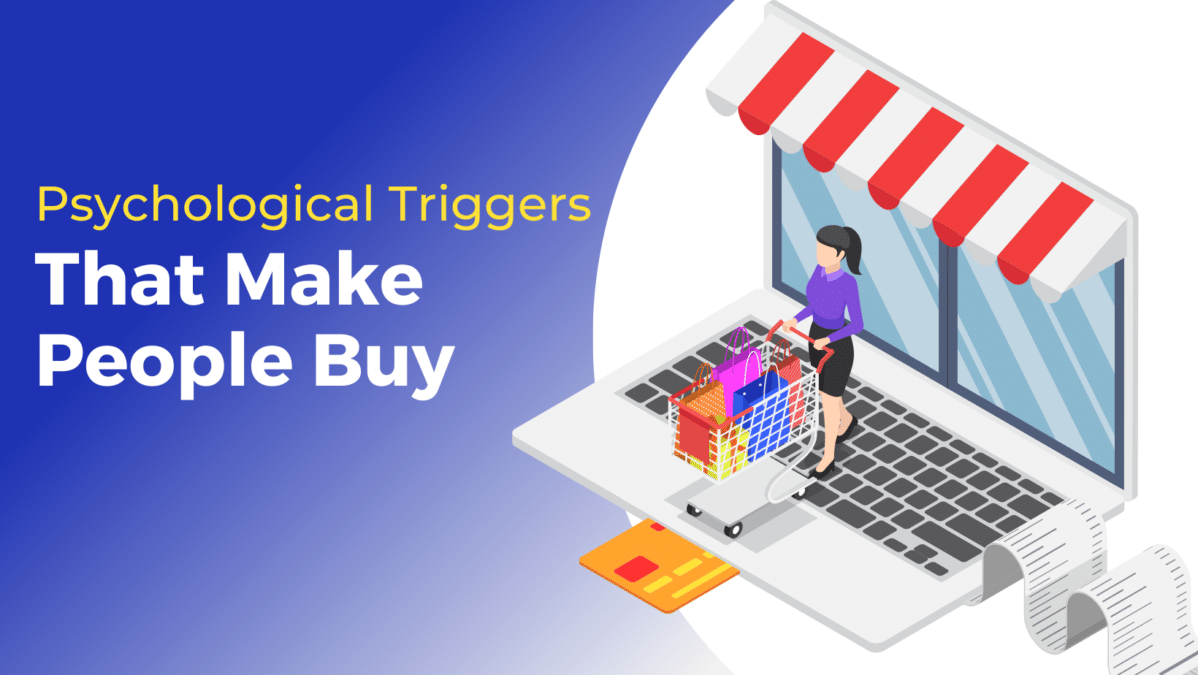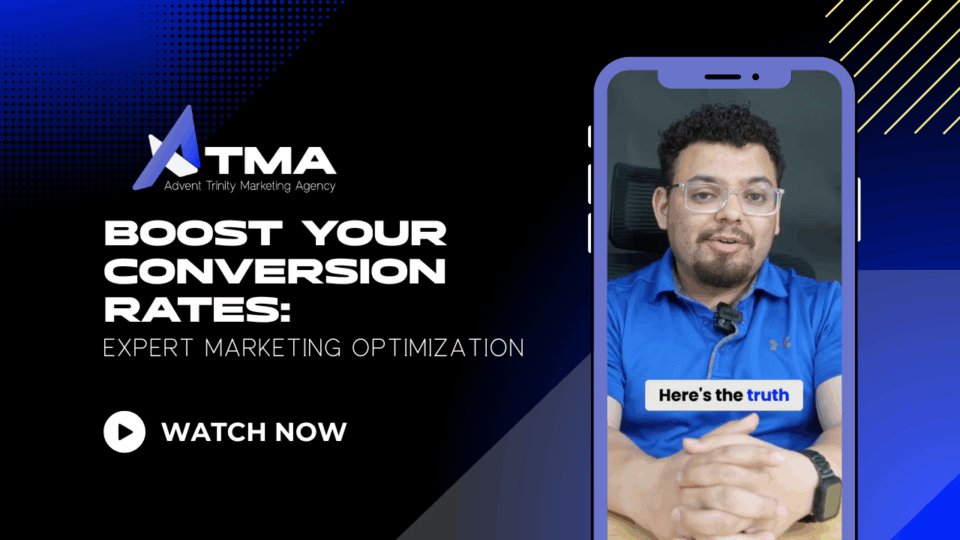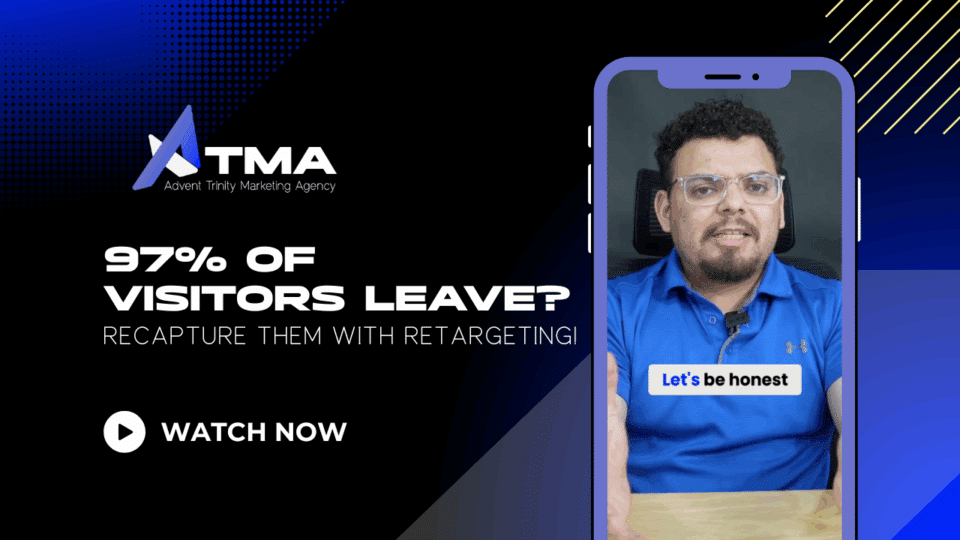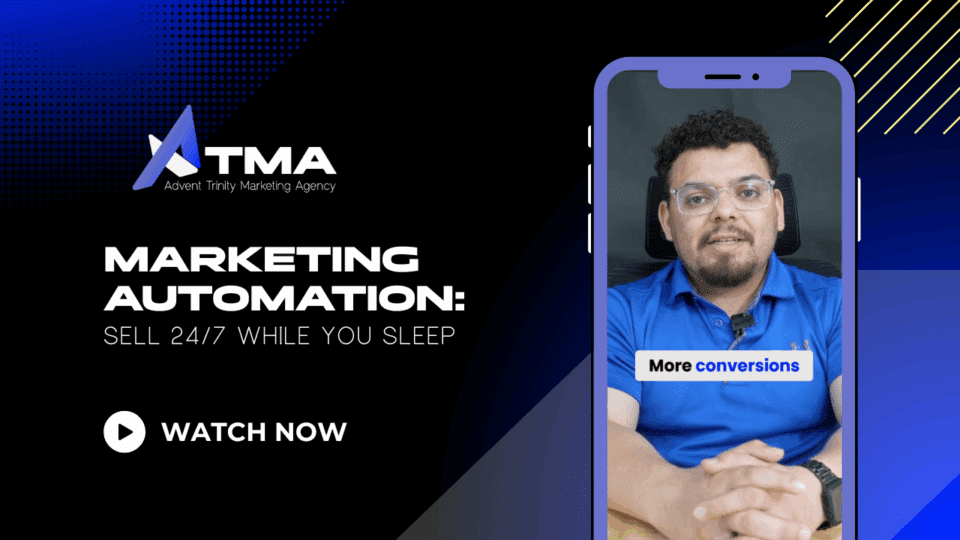
What These Popular Font Types Say About Your Brand
June 11, 2024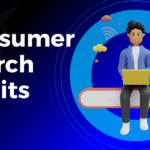
How Consumer Search Habits Changed In The Last Year
June 25, 2024Powerful Psychological Triggers In Marketing That Make People Buy
Discover how psychological triggers in marketing can compel consumers to make purchases by tapping into key emotional and cognitive responses.
Understanding psychological triggers in marketing offers profound insights into shaping consumer behavior. These mental triggers are essential components of effective marketing strategies, specifically designed to influence the conscious thoughts and emotional responses of potential customers. By utilizing these triggers, marketers can effectively increase sales, build trust, and create a sense of urgency that drives consumer actions, making them pivotal in successful digital marketing campaigns.
How Cognitive Biases Fuel Marketing Strategies
Cognitive biases steer our decisions subtly yet powerfully. Biases like anchoring, social proof, and the bandwagon effect can be leveraged to amplify the impact of psychological triggers in marketing, subtly guiding consumer choices and strengthening brand loyalty.
They are the systematic patterns of deviation from norm or rationality in judgment, whereby inferences about other people and situations may be illogical. Here’s how cognitive bias relates to the use of psychological triggers in marketing:
Cognitive Biases

Anchoring Bias: This occurs when individuals rely too heavily on the first piece of information they see. In marketing, by setting an initial high price (the anchor), subsequent pricing or offers may seem more reasonable, even if they are higher than what the market typically bears.
Social Proof: This bias leads individuals to mimic the actions of others in an attempt to reflect correct behavior. Marketers leverage this through user testimonials, reviews, and large follower counts on social media, suggesting that since many people trust the product or service, new customers should, too.
Scarcity (Sense of Urgency): This is related to the fear of missing out (FOMO). When a product is perceived as scarce, the desire to acquire it increases due to the loss aversion bias—people prefer avoiding losses to acquiring equivalent gains. Marketers use “limited time offers” or “while supplies last” promotions to trigger this response.
Confirmation Bias: Consumers prefer information that confirms their preexisting beliefs. In marketing, if a campaign confirms what the target audience already believes about a product or service, it strengthens their buying decision.
Bandwagon Effect: Similar to social proof, this bias leads people to do something primarily because other people are doing it, regardless of their own beliefs, which they may ignore or override. This is seen in trends where the popularity of a product grows as more people adopt it (think Stanley Cups).
By understanding and strategically applying knowledge of these biases, marketers can more effectively design campaigns that trigger a psychological response, influencing consumers’ decisions and behavior toward a product or service.
The Psychological Triggers in Marketing
The Why: Motivation Behind Actions
Understanding the ‘why’ behind a product or service is key to building trust with customers. When businesses clearly explain the reasons for a product’s features or a service’s benefits, they enhance their credibility. This transparency not only boosts marketing strategies but also strengthens brand perception. Customers appreciate this honesty, which deepens their emotional connection and encourages purchases.
Curiosity: Piquing Interest
Stimulating curiosity is a powerful tactic in psychological triggers in marketing. By carefully crafting messages that hint at but do not fully reveal, businesses can provoke consumers’ natural desire to learn more. This strategy leverages the natural human desire for knowledge. It can effectively drive sales by keeping potential buyers engaged and eager to uncover the full story behind a product or service.
Fear: Avoiding Loss
The fear of missing out (FOMO) is a powerful psychological trigger in marketing. It drives consumers by emphasizing potential losses rather than gains. By framing products or services as necessary solutions to avoid losses, marketers can tap into consumers’ instincts to prevent negative outcomes. Strategies like offering limited-time deals highlight urgency and scarcity. This makes the product seem more valuable and can quickly increase sales.
Questions: Provoking Thought
Asking provocative questions engages consumers. This psychological trigger prompts them to consider their needs and how a product or service can address them. For instance, questions like “Are you making the most of X?” or “What could you achieve with more efficient tools?” encourage consumers to reflect on the potential benefits and enhancements. This strategy not only fosters engagement but also aids in building trust as consumers see the relevance of the offerings to their specific situations.
Stories: Connecting Emotionally
Storytelling is a powerful psychological trigger in marketing, essential for building emotional connections. By sharing personal stories or highlighting customer testimonials, marketers can engage consumers on a deeper level. These stories evoke emotions that not only boost consumer engagement but also drive sales by making the product or service more appealing and relatable. Implementing storytelling can transform how customers feel about a brand, fostering a stronger, more trusting relationship.
Facing a Problem: Offering Solutions
Positioning your product or service as the solution to a common problem is a compelling psychological trigger in marketing. This approach can effectively trigger a purchase by directly addressing consumer pain points. By identifying these issues that consumers face, marketers can tailor their presentations to show exactly how their offerings provide the necessary solutions. This method not only increases sales but also enhances consumer perception of the brand as attentive and responsive to their needs.
Other Psychological Triggers in Marketing to Influence Consumer Behavior
There are additional mental triggers to influence consumer behavior. Two powerful mechanisms (exclusivity and reciprocity) can significantly enhance marketing and sales efforts. Here’s how to tap into these deep-seated consumer behaviors.
- Exclusivity: Offering exclusive products or memberships creates a sense of belonging to a special group. By making consumers feel privileged, you enhance their desire to buy. It’s not just about being part of a group but being part of a select group that is perceived as superior or desirable.
- Reciprocity: By giving something valuable, like samples or free trials, businesses stimulate a psychological response. Customers feel compelled to reciprocate the generosity they’ve experienced, often through making purchases. This approach not only increases sales but also helps in building trust by demonstrating the brand’s commitment to customer value.
Harnessing Key Psychological Triggers to Enhance Marketing Strategies
Leverage these psychological triggers to transform your marketing efforts. These tactics increase sales and enhance customer engagement through strategic psychological influence. By integrating emotional triggers into your campaigns, you can deepen the impact of your advertising and sales efforts.
Seeking expert assistance to boost your digital marketing campaigns? Advent Trinity Marketing Agency excels in deploying these tactics and more to drive sales and build customer trust. Reach out to us to discover how we can get you marketing results using targeted strategies and more.

